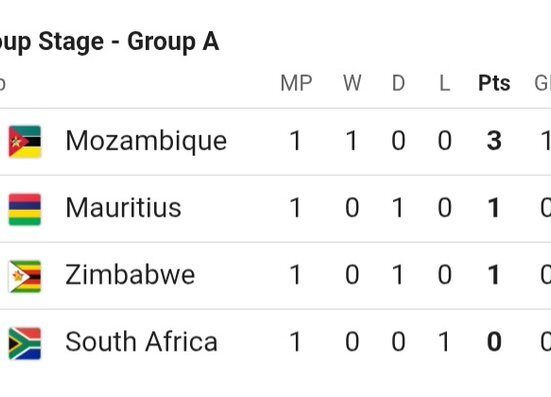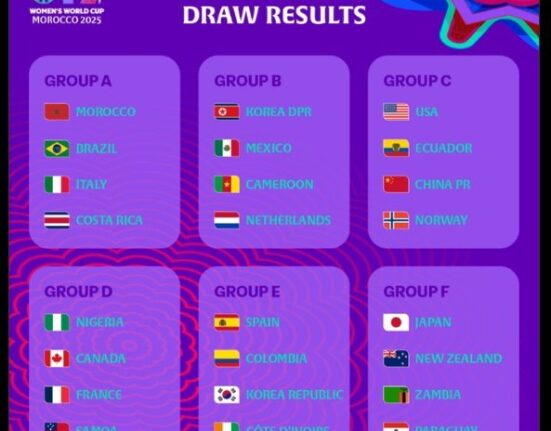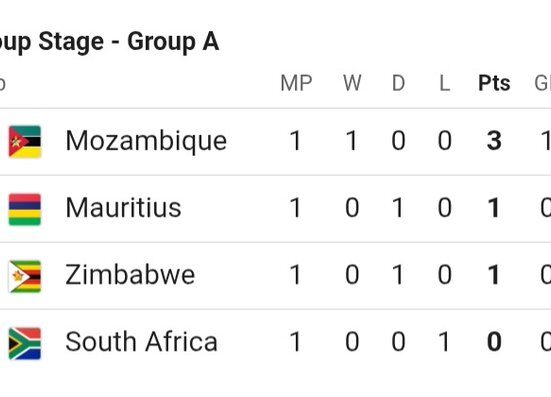In the vast landscape of international relations, the intricate dynamics between developed nations and their former colonies often remain shrouded in shadows. However, a recent Reddit post in the r/Africa community shed light on a particularly controversial topic – how France allegedly siphons billions from its African counterparts and its involvement in sponsoring coups within the region. This revelation sparked a crucial conversation, urging individuals to delve deeper into the complexities of this issue for the betterment of Africa’s future.
To truly comprehend the gravity of these accusations, it is essential to delve into the historical context that underpins Franco-African relations. France, a colonial power with an extensive history of domination in Africa, established a web of economic and political ties that persist to this day. Despite the formal decolonization processes that occurred in the mid-20th century, the vestiges of colonialism continue to shape the interactions between France and its former colonies in Africa.
One of the key mechanisms through which France allegedly extracts wealth from Africa is the “Françafrique” system, a term used to describe the intricate network of political, economic, and military relationships that France maintains with its former colonies in Africa.
This system, characterized by opaque deals and covert operations, is believed to enable France to exert significant influence over the economic policies and governance structures of African nations, often to the detriment of their development and sovereignty.
Amidst these complex power dynamics, the issue of financial exploitation emerges as a central concern. Reports suggest that France benefits from a system where African countries are required to deposit a significant portion of their foreign exchange reserves in the French Treasury. This practice, known as the “Colonial Tax,” effectively limits the economic autonomy of African nations and hinders their ability to pursue independent fiscal policies that prioritize the needs of their citizens.
Furthermore, allegations of French involvement in sponsoring coups and supporting authoritarian regimes in Africa raise profound ethical questions about the extent of France’s influence over the political landscape of the continent.
By propping up leaders who align with its interests, France may perpetuate instability and undermine democratic processes, ultimately impeding the socio-political progress of African nations.
The Reddit post that sparked this discussion serves as a poignant reminder of the imperative to engage in critical conversations about the neocolonial practices that continue to shape Africa’s trajectory. By amplifying voices that highlight the exploitative dynamics of international relations, individuals can contribute to a more nuanced understanding of the challenges faced by African countries in their quest for self-determination and prosperity.
Community members in the r/Africa subreddit expressed a mixture of outrage, concern, and a shared commitment to raising awareness about the injustices perpetrated against African nations.
Through their collective engagement with this issue, they showcased the power of online platforms in facilitating dialogue and fostering solidarity around pressing global issues that demand collective action and advocacy.
In a broader context, the revelations regarding France’s alleged exploitation of Africa underscore larger systemic issues within the realm of international relations and global power dynamics. The asymmetrical relationships between former colonial powers and their former colonies illuminate the enduring legacy of imperialism and the ongoing struggles for autonomy and self-determination in a world marked by entrenched inequalities.
As we reflect on the implications of these revelations, it becomes evident that the challenges facing Africa are not isolated incidents but symptomatic of deeper structural injustices that pervade the international order. By interrogating the mechanisms through which wealth is extracted from the Global South and advocating for equitable partnerships based on mutual respect and cooperation, individuals can contribute to a more just and inclusive world where all nations are empowered to thrive.
In conclusion, the discourse surrounding France’s alleged exploitation of Africa and its involvement in destabilizing the region through coups serves as a poignant call to action for individuals to interrogate power dynamics, challenge neocolonial practices, and advocate for a more equitable global order. By amplifying marginalized voices, fostering dialogue, and mobilizing for change, we can collectively strive towards a future where Africa and its people are empowered to shape their destinies free from external interference and exploitation.









Leave feedback about this